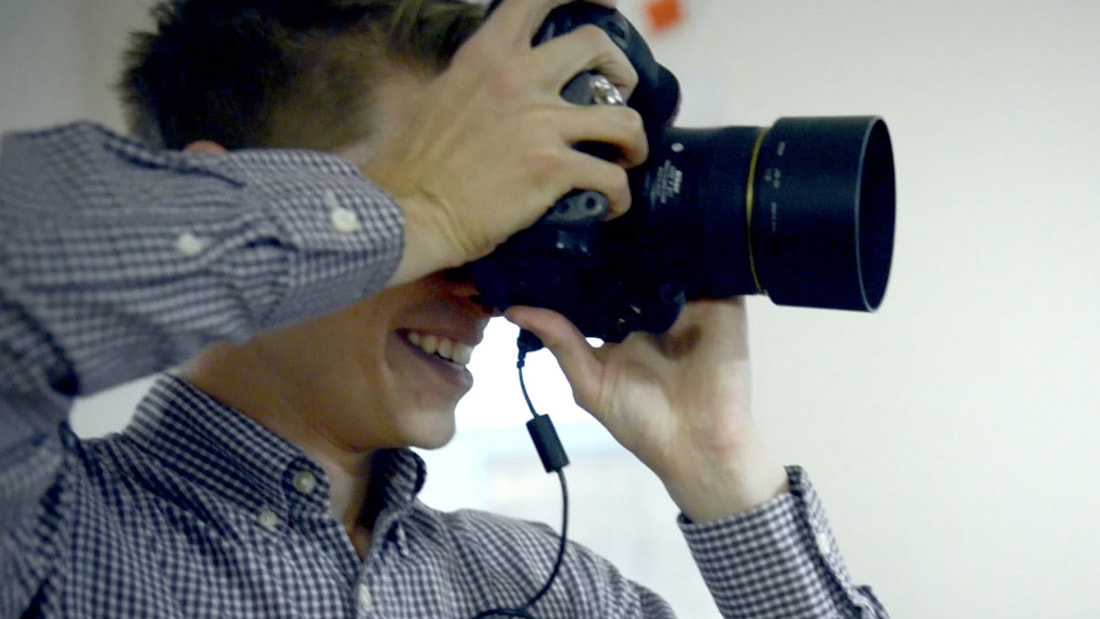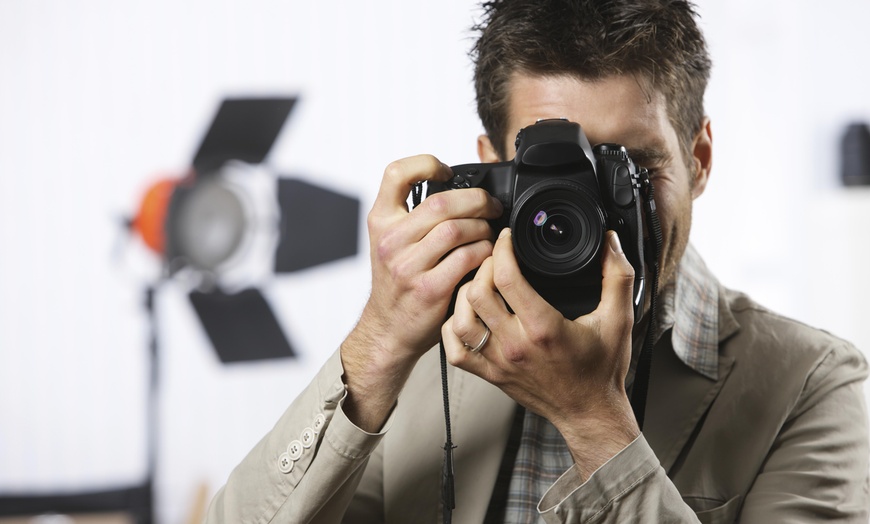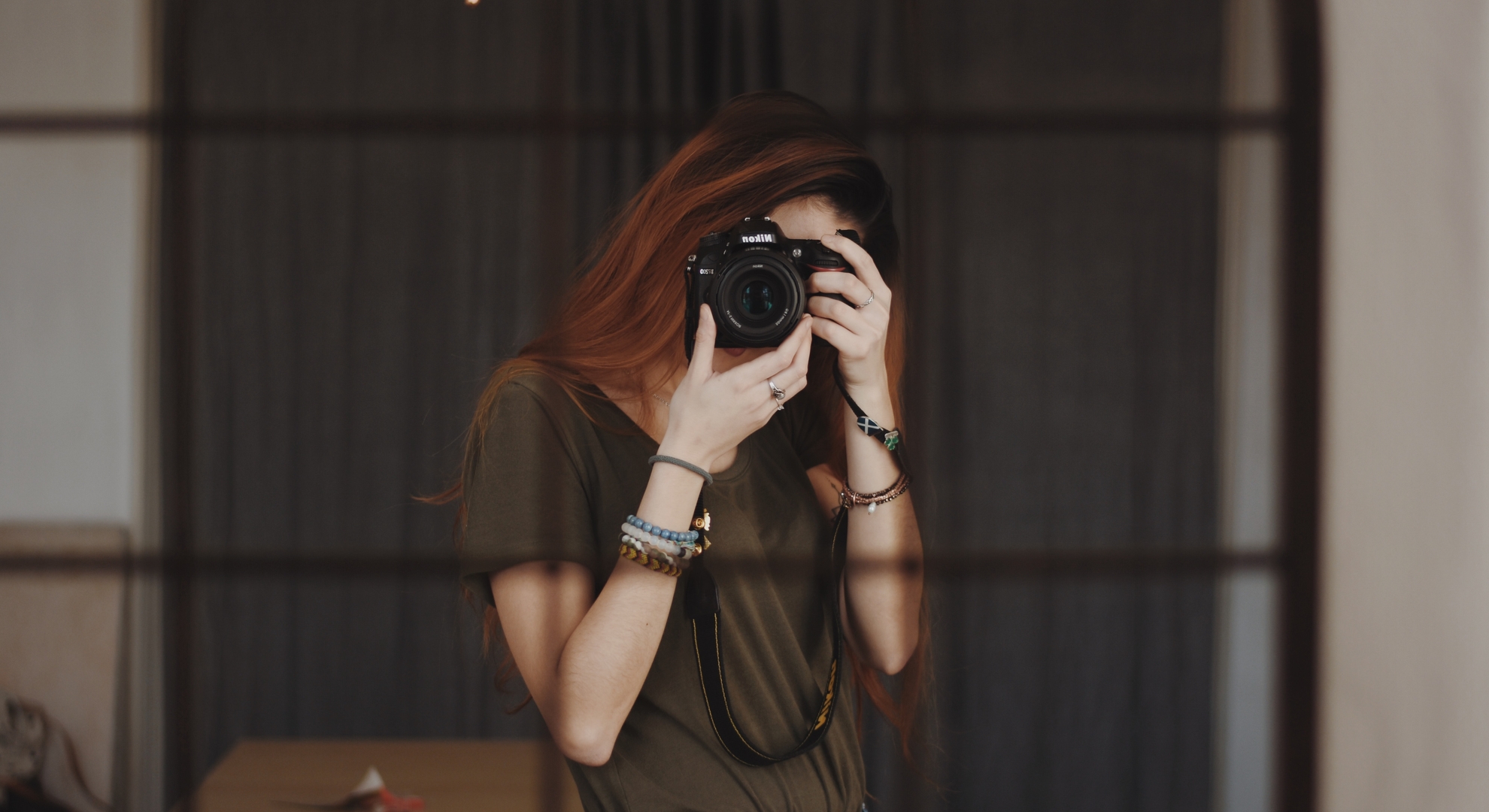In today’s world, where digital presence is increasingly significant, a powerful corporate headshots is not just a luxury, but a necessity. These are not mere photos but powerful tools that portray your image, professionalism, and personal brand to the world.
So, how do you master the art of corporate headshots? Let’s dive in!
The Importance of Corporate Headshots
Corporate headshots are crucial in many ways. They not only enhance your professional image but also set the stage for how others perceive you and your business. Remember, your headshot could serve as the first impression for potential clients or employers.
Planning the Corporate Headshot Session
Before you even start clicking, it’s important to have a thorough consultation with your client. Understand their profession, personal style, and the essence of their company culture. This will help you better align the headshot with their persona and business.
Selecting the right attire is next on the list. It should resonate with the profession and yet be a reflection of individual style. For example, a lawyer might choose a traditional business suit, while a graphic designer might opt for something more casual and creative.
Makeup and hair should be aimed at achieving a professional, polished look. It’s generally best to keep it natural and clean, just slightly enhanced.
Mastering the Technical Aspects
The right equipment is key. For cameras, a DSLR or mirrorless with a good lens can work wonders. The background should be clean, not distracting from the subject. Both studio and environmental backgrounds can work well, depending on the style you’re aiming for.
Lighting is another key aspect. If you’re in a studio, playing with softboxes and reflectors is a good idea. For natural light, the golden hour (shortly after sunrise or before sunset) provides a warm, soft glow.

Posing and Expression
Now comes the challenge of posing your subject. Aim for a relaxed yet confident posture. Guide your subject to make slight adjustments, like tilting their head or shifting their weight. The goal is to make the subject look approachable yet professional.
The expression in a corporate headshot holds great significance. A hint of a smile or a serious, confident look can do the trick, depending on the industry and the image the client wants to project.
Post-Production Work
Post-production includes everything from retouching to formatting the headshot for different platforms. Balance is key here. You want to enhance the image, clean up any distractions, but keep the natural look intact. Over-editing can make the headshot look unrealistic.
Formatting the image for different platforms is also crucial. An image for LinkedIn might need a different crop compared to one for a company website.
FAQs
What are the best camera settings for corporate headshots?
Answers could discuss specifics like aperture settings for a sharp focus on the subject, shutter speed to avoid blur, and ISO for managing light sensitivity.
How can I bring out a client’s personality in a corporate headshot?
Here you could mention the importance of getting to know the client, suggesting poses that reflect their character, and choosing an environment or props that relate to their profession or personal interests.
How do I handle corporate headshot sessions for large companies with many employees?
You might discuss efficient workflows, like setting up a temporary studio at the company’s location, using consistent settings for a uniform look, and ways to quickly yet effectively interact with each person to get a good shot.
How should I price my corporate headshot services?
This could cover considerations such as the client’s budget, the time and resources you’ll need to invest, and how to compare your prices with those of other local photographers offering similar services.
What are the common mistakes to avoid when shooting corporate headshots?
Possible answers could include over-editing, choosing distracting backgrounds, and failing to adequately prepare the subject for the shoot.

How can I effectively use natural light for corporate headshots?
This answer could provide tips on shooting during the golden hour, using diffusers to soften harsh sunlight, and positioning subjects to avoid unwanted shadows.
What steps should I follow to ensure a relaxed, natural expression in a corporate headshot?
You might discuss the importance of establishing rapport with the subject, giving clear guidance on what to do, and sharing some humor or light conversation to put them at ease.
How should I direct a client who’s uncomfortable in front of the camera?
This could include tips on building rapport, giving simple, clear directions, and helping the subject visualize the desired outcome.
How do I maintain consistency in headshots when shooting for a large corporation?
Here you could discuss the importance of keeping the same lighting setup, background, and framing for each individual to achieve a uniform look across all headshots.
What are some effective strategies for marketing my corporate headshot services?
Suggestions could range from leveraging social media and maintaining an online portfolio to networking with local businesses and attending corporate events.
How can I make my corporate headshots stand out in a crowded market?
This answer could focus on ways to develop a unique style, specialize in a particular industry or type of headshot, or offer exceptional customer service that leaves a lasting impression.
Conclusion
Mastering the art of corporate headshots is a blend of understanding your client’s needs, technical skills, and creative instinct. Each headshot session is a new opportunity to create a powerful image that could potentially open doors of opportunity for your clients.
So go ahead, grab your camera, and start clicking. With practice and a keen eye for detail, you’ll be crafting masterpieces in no time!
We’d love to hear about your experiences with corporate headshots. Feel free to share in the comments below!
Also Read: The Art of Capturing Emotion
